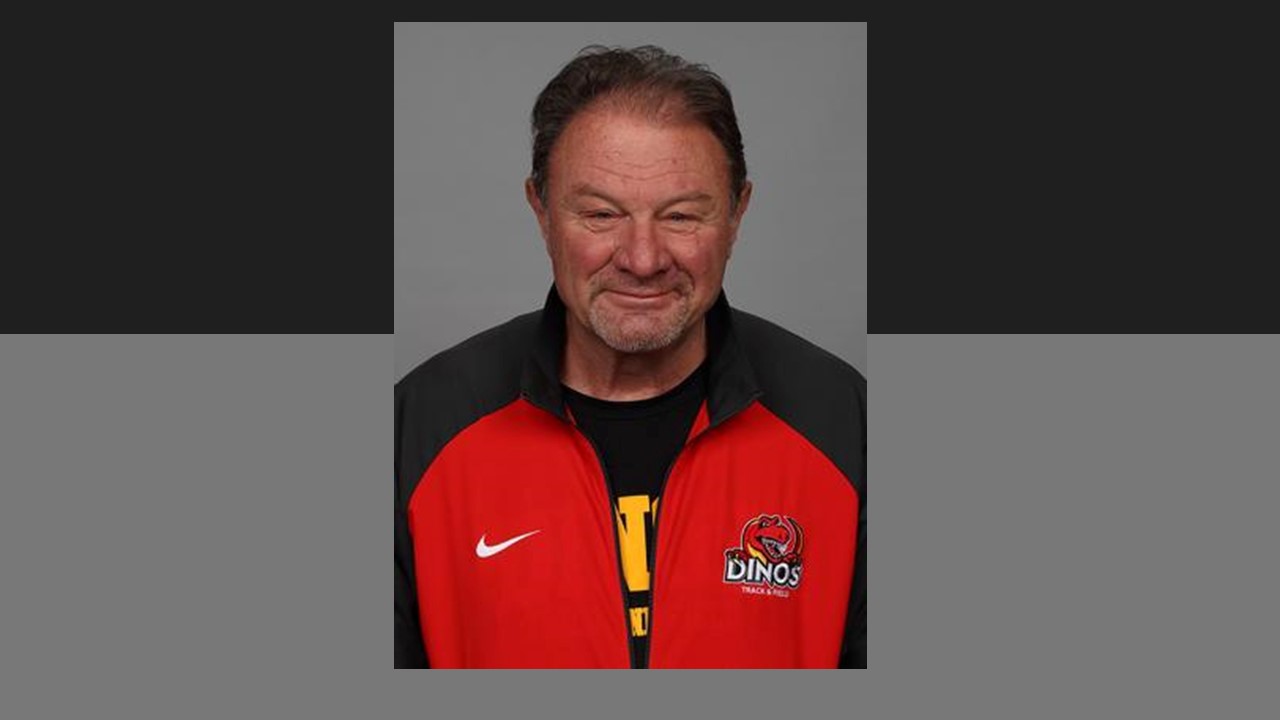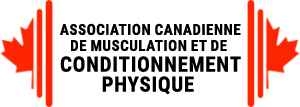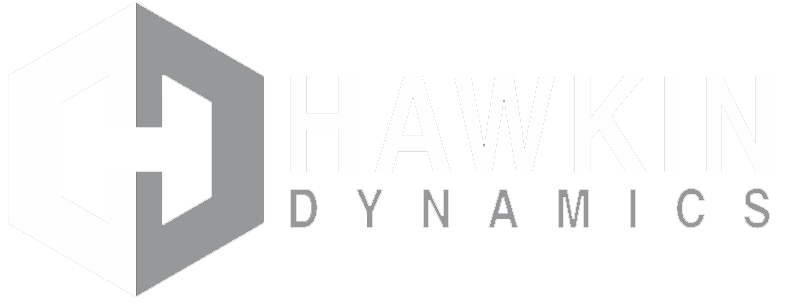An Interview with Track Coach Les Gramantik: Part 3

CSCA Advisorty Team Member Carla Robbins continues her interview with track coach Les Gramantik in this final part of a 3 part series. If needed, click HERE for part 1, and click HERE for part 2
CR: What did you study in University?
LG: Physical education. It was education in all sports, physiology, psychology, we got everything. You know, all the sports, wrestling, boxing, swimming, gymnastics, all sports, everyday – for hours! In my final year of my physical education degree, I had four hours of track every day. It was like physical training on how to throw the javelin, talked about the technique, very detailed and very extensive preparation for each sport. I mean, my physical education preparation and athletic preparation was superior to what anybody can get here nowadays. Not even close.
CR: Now in universities, there’s like volleyball 101 in your first year, maybe, and I would say it’s more theory and then just playing games and barely practicing or going over the technical sides of the sport. And it’s maybe 1-3 hours per week for 1 semester. And if you’re injured you can just get a note and skip class or not need to participate physically. Not that I’m trying to throw our systems under the bus, but that’s the reality of how much technical training we’re getting at universities these days.
LG: Yeah, in my education we were very prepared for what physically and tactically we needed for sport. We could have done a bit more on the physiology side, although we did do some physiology classes, but we didn’t have the same knowledge as we have nowadays in universities. There was no Dr. Smith there, ha! I mean, we learned about fast twitch, slow twitch etc, but nothing compared to the universities here, now.
CR: Did you learn a lot about how to test athletes in your education?
LG: Yeah just with a stopwatch and tape measure. Nothing like the electronic testing software they have now, obviously. You know, we had to complete a Decathlon as part of passing my undergraduate degree.
CR: Every student needed to do a whole decathlon? That’s crazy! Even the pole vault? – that’s impressive. What did you have to score to pass?
LG: Yes, you had to get a 5500 score to pass! We had a classmate who was very good at the hammer throw, but he struggled in gymnastics with his size and struggled with the pole vault. He passed eventually, you know, but yeah everyone had to pass a decathlon to pass university. But the impressive part to me is that you had to do all ten events, no excuses.
CR: That’s so impressive. For the benefit of our readers, can you let us the 10 events in decathlon?
LG: Day 1: 100 meters, long jump, shot put, high jump, 400m. Day 2: 110m hurdles, discuss, pole vault, javelin, 1500m. Now in the Hungarian physical education university, they have to do the double decathlon back to back. So finish the 1500m, and start the next day with the 1500 again and go backwards again.
CR: What were exams like in university besides the practical exam of scoring 5500 on the decathlon?
LG: Yeah we had written exams, not multiple choice, question-based, you know. You had to defend your thesis verbally, in front of a committee of teachers in oral-exam style. They would ask questions like « What do you think about the execution of this exercise? » And you would have to defend what you thought.
CR: Do you think we should implement that in our universities here, now?
LG: In hindsight, I think that people would benefit from oral exams here too, but we don’t have a structure for them. There are too many people here – universities are overloaded. Back then I only had 22 kids in my program in university. But I do think it would be a better way to see if students were learning the right things. With this structure, teachers and students can ask better questions. You know, like, sit down together and talk about training, and the teachers could have a better understanding of whether or not the students were learning.
CR: What did you do after university?
LG: Olympics and army. I graduated in 1971, went to the ’72 Olympics. And then after the Olympics, the army – since we needed 2 years mandatory in the army. Romania still has the same system. If you go to university, you can defer a year and I was allowed to defer another year.
Conclusion
In closing, I hope that this three part interview series with Les Gramantik, and the sharing of some of his stories was a bit eye-opening.
Early in my university degree, one of our teachers asked us as students, if we were to become coaches or therapists, what would be our coaching philosophies. I remember thinking it was an impossible and somewhat mind-blowing question as I didn’t yet understand the principles of training that well, let alone what things I would throw out and what things I would keep to underpin my practice. Years later, with the help of more experienced mentors, including Coach Les, I am still working on my philosophy. However, some of Les’ philosophy shared in this series has helped me grow.
If you missed parts 1 or 2, click HERE for part 1, and click HERE for part 2








